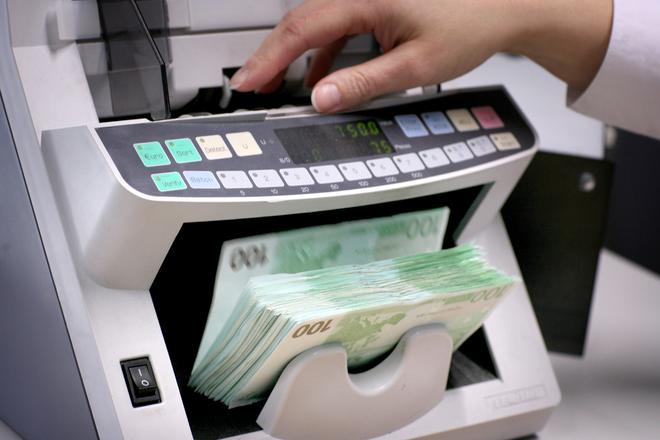Slovak companies are rather pessimistic concerning the expected development of the payment morals. Not many companies believe their clients will improve their payment behaviour, according to the European Payment Practices study for 2016 carried out by the EOS company on 3,000 respondents.
While last year 31 percent of respondents were optimistic about the payment morals, this year it was only 28 percent. On the other hand, the number of companies expecting the payment morals will remain the same rose from 46 percent in 2015 to 49 percent this year, while 20 percent of firms expect it will even become worse, which is by 1 percentage point more than in 2015, the TASR newswire reported.
The situation in Slovakia corresponds with the sample concerning all of eastern Europe.
“Invoices within the mutual trading among company customers are not paid on time, which is not a good sign of a healthy business environment,” said Michal Šoltes of EOS KSI Slovensko company, which deals with the management of debt claims, as quoted by TASR.
The EOS study confirmed that companies from eastern Europe are less disciplined when paying off invoices than those situated in the west. Only 73 percent of eastern European firms pay invoices on time, while the percentage in western Europe is as high as 80 percent.
The worst situation is in Bulgaria, where 70 percent of payments are on time. Next comes Greece and Romania (72 percent), followed by Slovakia and Russia with 73 percent of payments paid on time.
On the other hand, the most disciplined are companies in Germany (82 percent of payments on time), followed by Austria (81 percent), TASR wrote.



 Illustrative stock photo (source: Sme)
Illustrative stock photo (source: Sme)